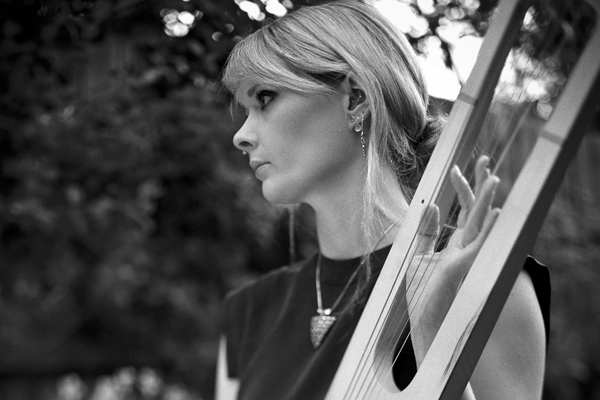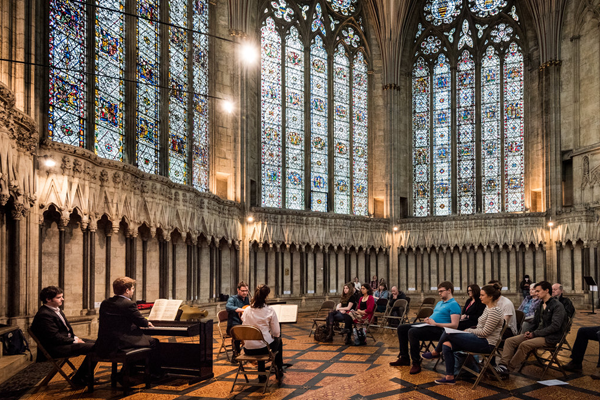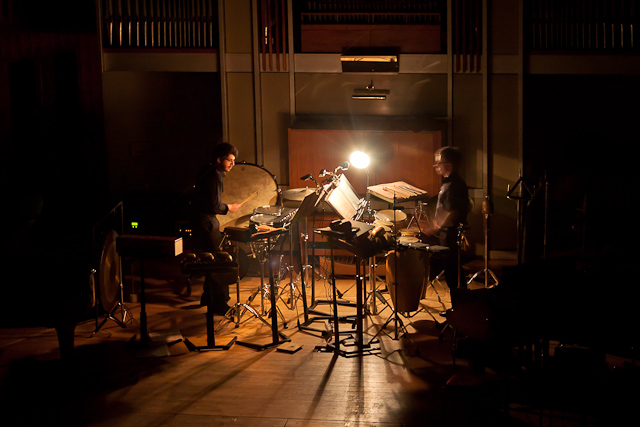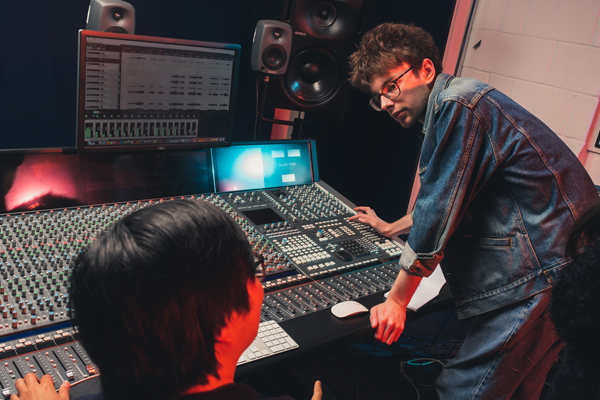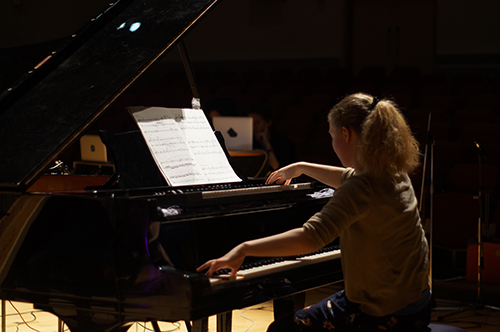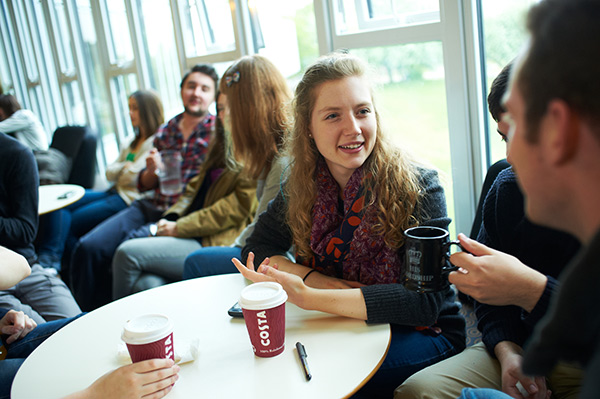Congratulations on getting an offer to study with us - we hope we'll get to meet you soon! In the meantime, we wanted to give you a chance to learn more about our staff.
We sat down with Stef Conner, who is a lecturer in composition, an award-winning composer, and a professional singer in multiple genres. Stef has composed new works for leading ensembles, including the London Symphony, London Philharmonic and City of Birmingham Symphony Orchestras, and is currently performing with Sequentia Ensemble and Kathryn Tickell and the Darkening. She's also a former student of Music at York.

